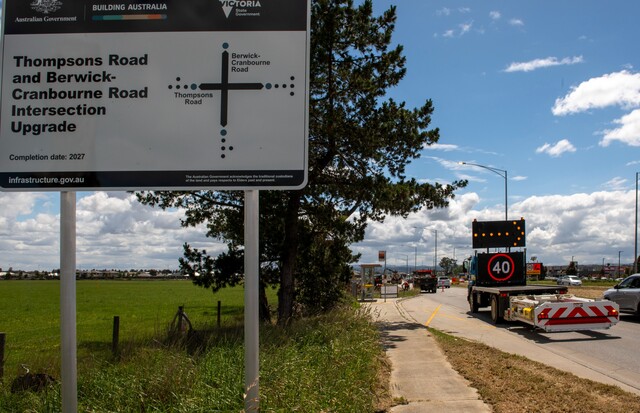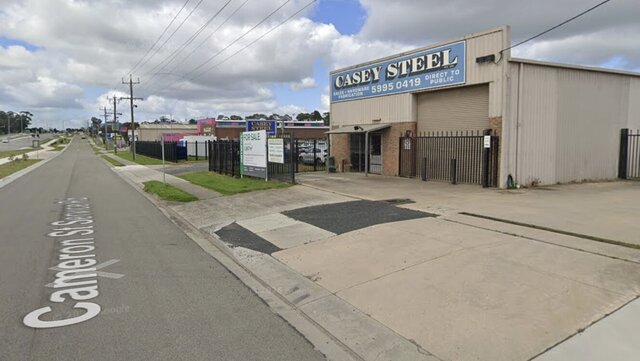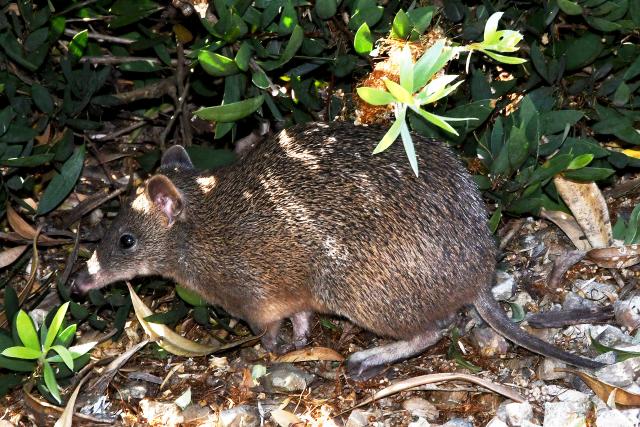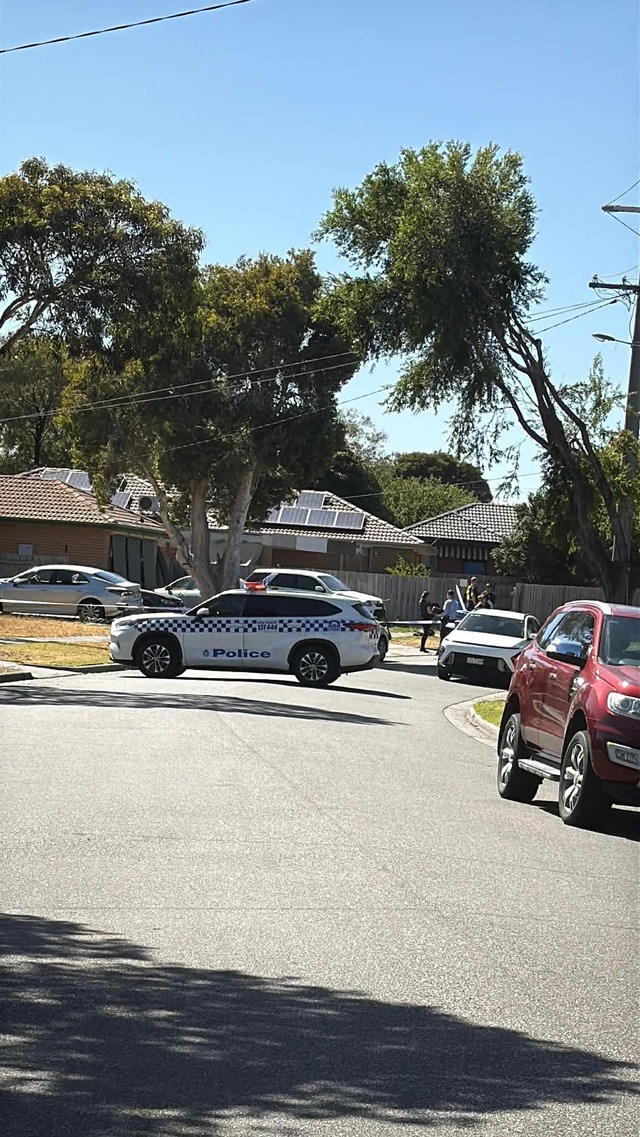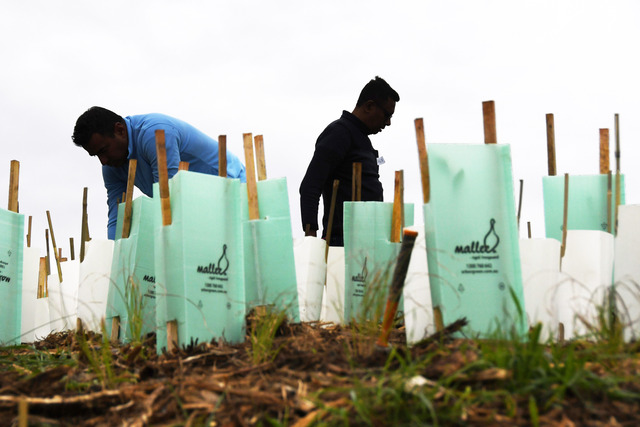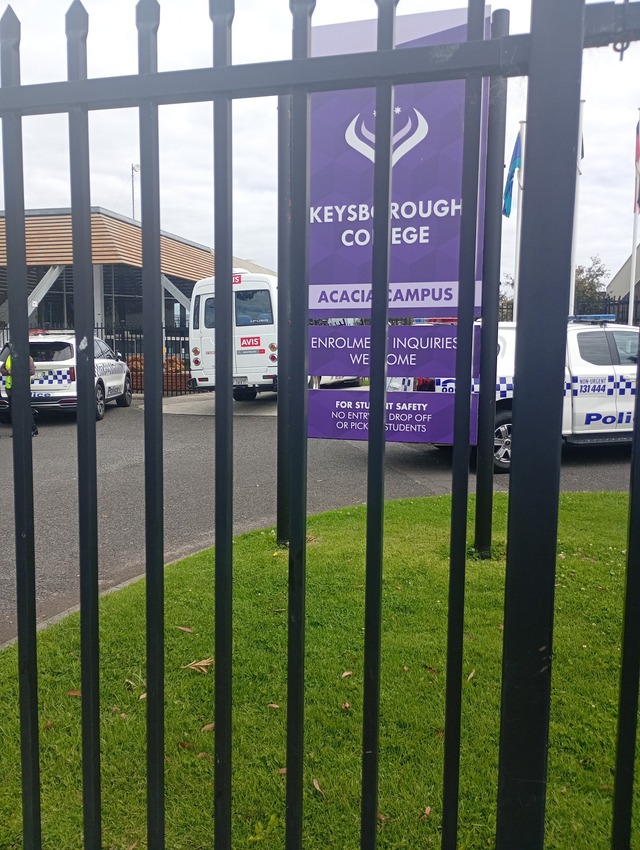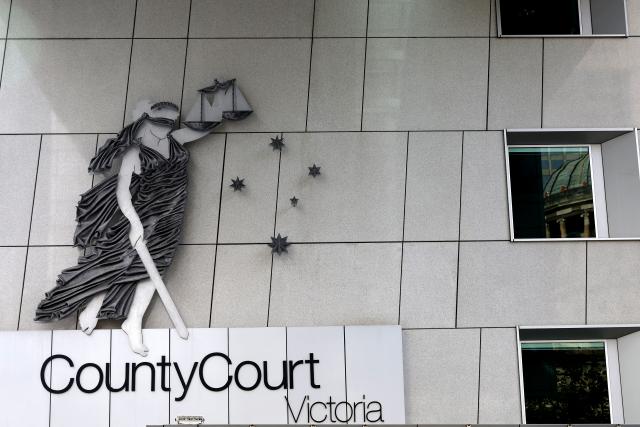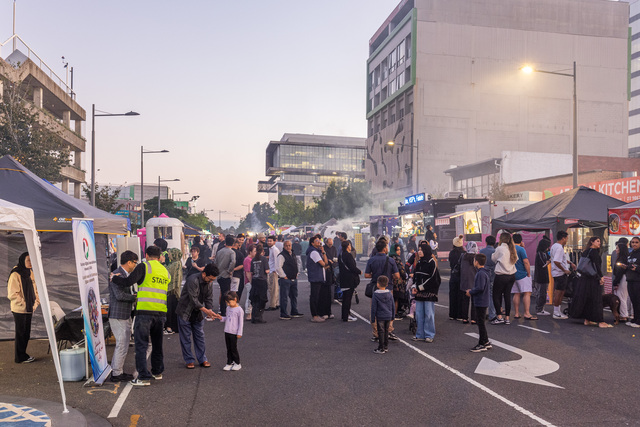By Bridget Brady
WINSOME Anderson is screaming discrimination, saying the State Government is forcing her to keep farming because an infrastructure tax has destroyed her retirement plans.
The Clyde Jersey breeder has slammed the State Government’s Growth Areas Infrastructure Contribution (GAIC) scheme as “grossly unfair” and “tragic”.
The 73-year-old widow says she has been forced to continue working on her 26-hectare farm because there is no way she could pay the $2.5 million tax she faces under the proposed GAIC scheme.
“There is no option for me but to farm on until someone is prepared to give me the value of this land,” she said.
“What about my freedom of choice in a democratic society?”
Ms Anderson, who has lived in the area for 50 years, planned to retire in the next two years and move to a smaller block of land, but said the tax has shattered her retirement plans and forced her to stay put.
“And while I remain here I have to continue farming. While I’m here I’m responsible.”
Under the scheme, landowners whose property falls within the UGB from 2009 will be charged a levy of $95,000 per hectare when they sell.
Land in Casey is being investigated for the extension of the UGB under the State Government’s Melbourne @ 5million urban development plan.
Ms Anderson said she would have nothing to retire on if she sold her property and paid the tax.
“I have no future for my twilight years. I can’t source my super fund, either. I’m forced to farm on. No-one is going to buy this for $2.5 million in 2009.”
Many landowners are also worried council rates will skyrocket if their properties are included in the UGB. Ms Anderson said any increases in council rates were unjust because the nature of the land had not changed. “It’s still farmland and I’m limited with the amount of beef I can produce.”
The Growth Areas Authority (GAA) said the government would establish a Hardship Relief Board to consider personal hardship cases where the GAIC may be waived.
But Ms Anderson said she could not find out the specifics of the relief board or whether she would qualify, despite constant letters to the GAA.
“It’s discriminative against me, as a widow.”
GAA chief executive Peter Seamer said the tax wouldn’t apply to land inheritances or to farmers who wanted to retire on their land.
“Land that is simply transferred as part of inheritance after a death in the family will not attract the contribution under the draft legislation,” Mr Seamer said.
But Taxed Out chairman Michael Hocking said he had reservations about the tax being triggered upon the sale, saying it would affect some inheritances.
“Everyone knows if they have a will it may require the land to be sold and assets divided,” he said.
“I have lots of friends all over the world who laugh at how stupid this is,” Ms Anderson said.
Tax trapped – Clyde farmer Winsome Anderson says she is stuck on her land because she cannot a
Digital Editions
-
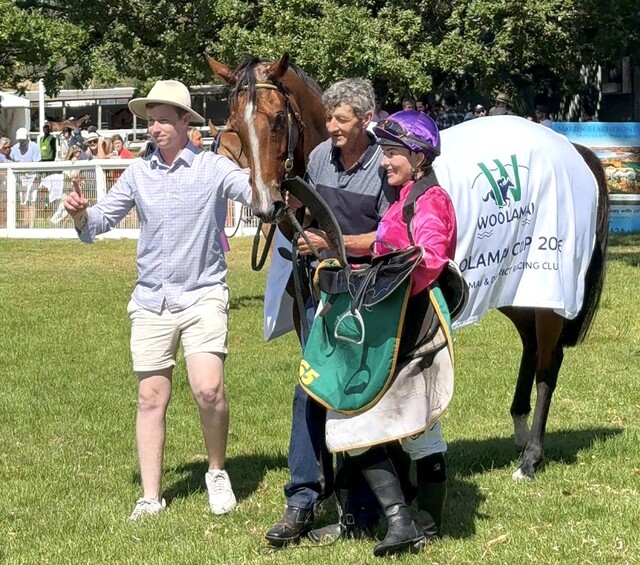
Qubella takes Woolamai Cup as Goodwin’s steal the spotlight
It was a role reversal for the Goodwin family at the Woolamai Cup meeting on Saturday with Barry Goodwin following in the footsteps of his…




